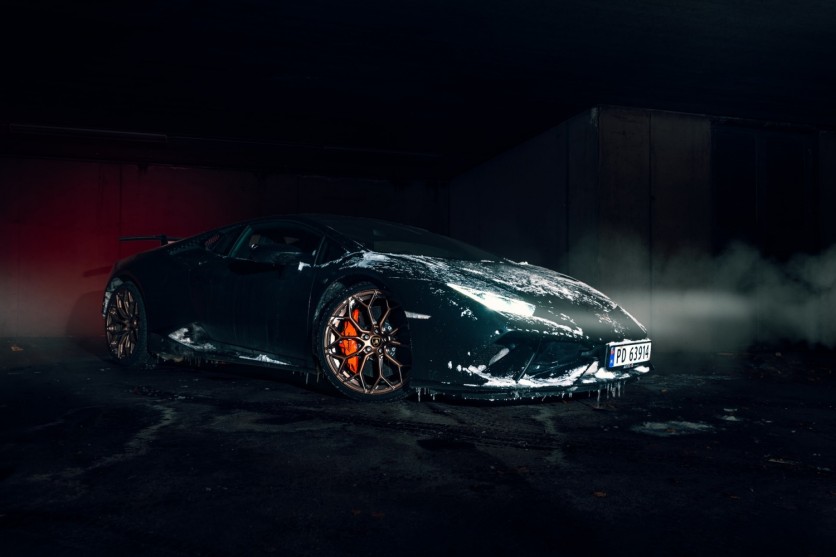Lamborghini's CEO, Stephan Winkelmann, reportedly claimed that while it is too early, fully electric sports supercars are not selling well, but maintained to be hopeful for new opportunities "if things change."
While performance won't be a problem with an EV, Stephan Winkelmann, the head of Lamborghini, stated that some sentimental elements, such as the sound of the Huracan's V10 engine, cannot be duplicated. The brand owned by Volkswagen AG is likewise open to using e-fuels if regulations improve.
In an interview, Winkelmann stated that fully electric sports supercars "is not something that is selling so far." He continues by saying that "we" must wait and see whether and when this will occur because it is too early.

As the market for electric vehicles (EVs) declines and government subsidies are withdrawn, the luxury car industry is under intense pressure to reduce emissions.
Mercedes-Benz Group AG intends to sell vehicles that run on gasoline for longer than anticipated and has halted the development of separate underpinnings for electric premium sedans to save money.
Rival Lamborghini manufacturer Ferrari NV is furthering its electrification drive. Next month, it intends to construct a factory in Maranello, Italy, to produce hybrid and electric supercars. Next year, it will release its first electric vehicle.
Lamborghini's EV Ventures
Nevertheless, according to Winkelmann, the carmaker is restructuring its production and supply chain to create Lamborghini with 40% less carbon dioxide emissions by 2030. Work at Porsche, another high-end vehicle manufacturer in Volkswagen's lineup, is helping the brand with synthetic fuels.
In two years, the European Union will reexamine its proposal to essentially outlaw the sale of new cars with combustion engines by 2035, which might bring e-fuels more attention.
EV Woes
Conversely, Tesla, the market leader in electric cars, recently revealed a significant decline in car sales, delivering just 386,810 units in the first three months of this year, a decrease of 8.5% from the previous year.
One of the leading causes of the downturn was the company's introduction of the new Model 3 car at its Fremont, California, factory.
It claimed that two more factors contributing to the decline in delivery were facility closures brought on by shifts in Red Sea shipping and an arson assault that shut down its German operation.
Tesla dramatically lowered certain models' prices to $20,000 last year. The Model Y, its best-selling car, briefly decreased by $1,000 in March. Investors were concerned about the reduction in the company's profit margins.
According to sources, Tesla's dip in sales marks the company's first vehicle delivery reduction since 2020. In a letter to shareholders in January, Tesla said it anticipated "notably lower" revenue growth this year.
According to the firm, it sits between two major growth waves: the launch of the new, more reasonably priced Model 2 and the widespread release of the Models 3 and Y.
Related Article : New Tesla Models to Launch Without Steam Support, Owners Shocked

(Photo: Tech Times)
![Apple Watch Series 10 [GPS 42mm]](https://d.techtimes.com/en/full/453899/apple-watch-series-10-gps-42mm.jpg?w=184&h=103&f=9fb3c2ea2db928c663d1d2eadbcb3e52)



